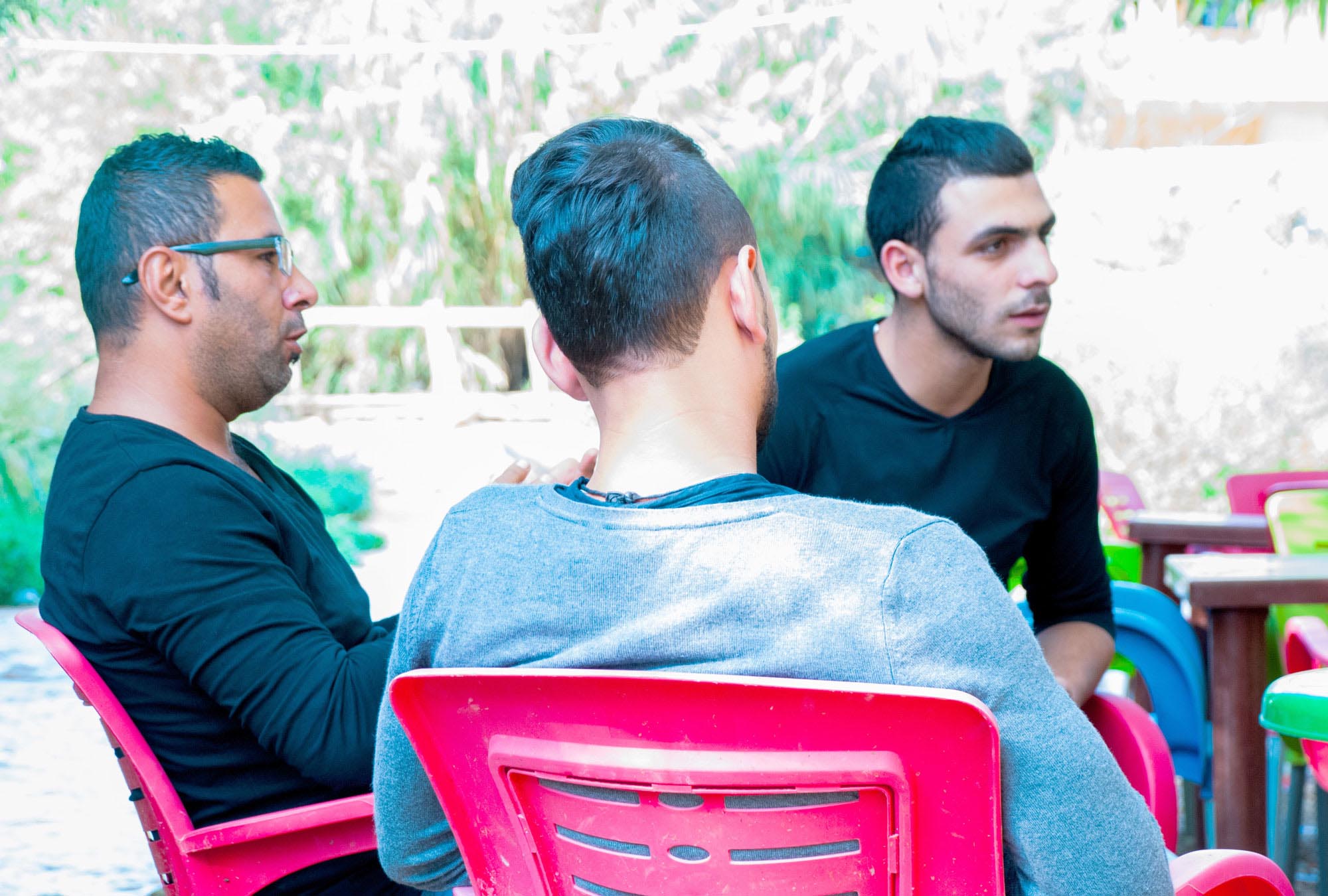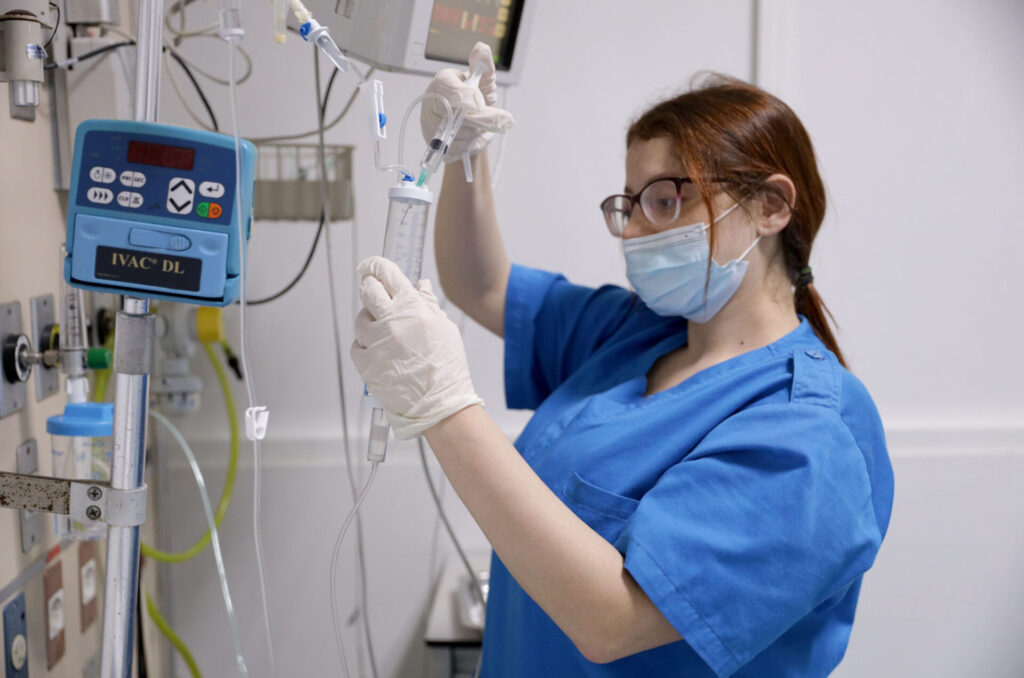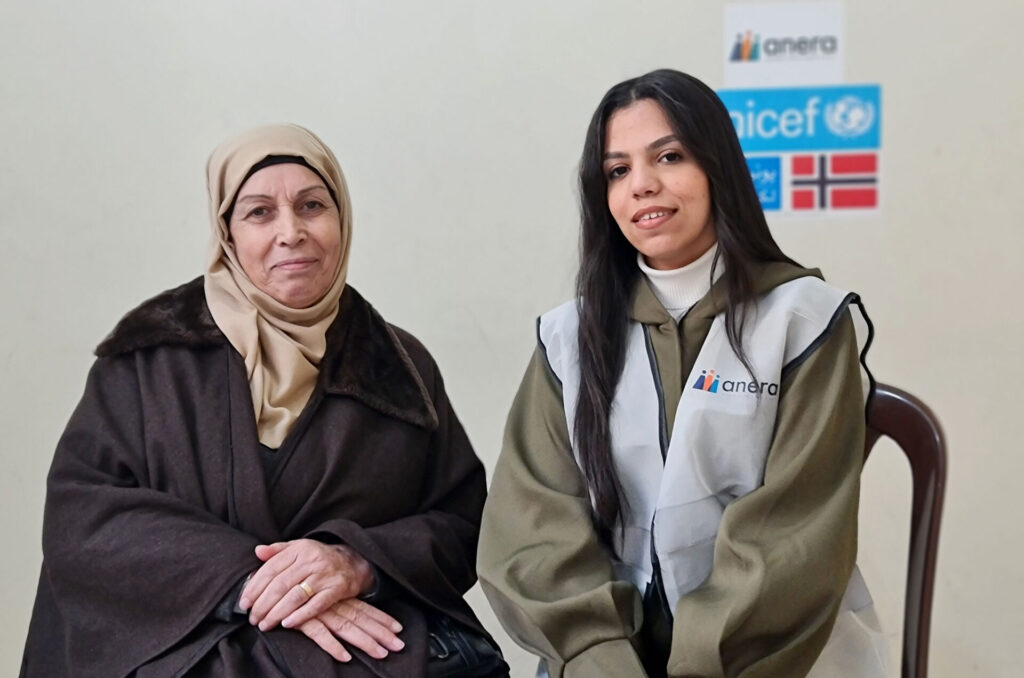Oct, 2014
Nader Rached, aged 21, thought steroids would give him the bigger muscles he desired. So, like countless young Palestinian men he started taking steroids that supercharged his muscle growth at unnatural speeds. He got hooked. And, he almost died.
First I drank protein shakes but they didn’t give me the results I wanted,” he explains. ” I only gained four kilos within a six-month period. I wanted to bulk up my muscles to look nice, to look like most of the men at the gym so I started swallowing steroids pills and they were effective.” Nader says he gained six kilos in one week and his muscles bulked up fast. “I was satisfied with the result and my body was in a good shape,” he adds.
Steroids are easily to get and can be bought in gyms at cheap prices, often promoted by the gym owners themselves. The use of steroids is spreading rapidly among youth who want to look like wrestlers and bodybuilders in a short period of time.
Shortly after taking the steroids, Nader felt felt like his system was shutting down. Taking more steroids, he soon realized, was flirting with death on a daily basis.
“I came to this café in Nahr El Bared camp and heard some guys talking about several cases where death was the end result of steroids addiction and I got scared.” Nader remembers, “That is when I decided to stop.”
Health Champions Promote Healthy Lifestyle
Nader heard about Anera’s anti-steroids campaign through health education posters and volunteers, and took part in the program. He is one of the first participants to break the habit and stop his addiction to steroids. The campaign is part of Anera’s education and sports project, funded by Reach Out to Asia (ROTA). The program brought together 14 volunteers from all fields, known as health champions, to spread awareness and knowledge about the negative social, economic and health effects of steroid use among youth.
Steroid use in the camp, he says, has become associated with manhood and physical appearance to imitate famous sports figures like wrestlers or football players, especially when attracting the eye of a young woman. “Here, the bigger you are, the more respect you have so men are very much invested in bulking up muscles,” explains Mohammad. “It is a survival mechanism.”
With the help of Mohammad Farhat, a personal trainer specialized in mixed martial arts, health champions learned all about anabolic steroid addiction, its side effects and the social and economic consequences. The volunteers then launched their campaign, offering alternatives to steroid use, proposing healthy workout regimens and diets based on proteins, carbohydrates and cereals. Anera published a series of informational posters and an anti-steroids toolkit that the champions used to communicate the health messages and alternative solutions.
“We used several communication strategies,” explains Mohammad. “We went first to gyms and talked to owners. Some were really helpful and banned the use of steroids in their premises. In schools we prepared presentations and visual materials to raise awareness on steroids at an early stage.”
Mohammad says they also put up posters in the streets, especially during the holy month of Ramadan when youth are out in the streets a lot. “People started approaching us, asking questions and interacting with us, and some of them congratulated us on the good job we are doing.” To gain more credibility in the community the volunteers also went to mosque leaders and asked them to talk about the bad effects of steroids during Friday prayers.
Like drug addiction, steroids use is a social taboo so nobody ever talks about it, which makes its difficult for the campaign coordinators to measure its direct impact. But volunteers like Mohammad have started seeing positive results of the campaign: “Nowadays more people are aware of steroids addiction and know that it has severe health consequences can lead to death. ”Mohammad adds. “Just having people break the taboo is a success.” But, Mohammad cautions that the work of the health champions is just getting started.




